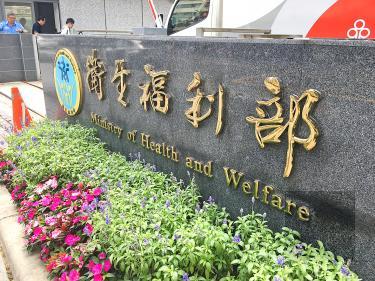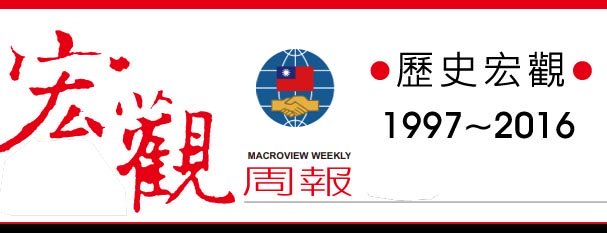The Ministry of Health and Welfare is proposing a bill to establish a certificate system for public health inspectors, as part of its push to control environmental health and sanitation hazards.
According to the draft public health inspector bill that the ministry submitted to the Executive Yuan, public health inspectors are qualified to evaluate environmental health hazards in a community.
Their role includes identifying hazards such as airborne or waterborne contaminants, waste, or noise; investigating the cause of food poisoning cases and diseases; evaluating a community’s medical resource utilization; implementing procedures for disease prevention; and evaluating or enforcing food sanitation, the draft says.
If the bill passes, the nearly 1,000 people in Taiwan with a public health-related degree would be qualified to take part in an examination to obtain a public health inspector certificate.
Public health inspectors are an emerging class of healthcare professionals with expertise in responding to epidemics, identifying pollution sources and other related tasks, National Taiwan University College of Public Health dean Chan Chang-chuan said.
While not healthcare providers, public health inspectors could supplement the work of environmental health professionals, he said, adding that inspectors should be authorized to establish practices and take on jobs in all of the nation’s administrative divisions.
The UK created a certificate program for public health inspectors in 2003, while the US has seen a surge in public health department enrollments following the Affordable Care Act’s passage in 2011, Chan said.
In Europe, academic institutions work with the Association of Schools of Public Health in the European Region to issue relevant certificates, he added.
As a nation with a universal healthcare system, Taiwan needs the support of professionally trained experts for better public health outcomes, Chan said.
During the SARS outbreak in 2003, the government resorted to mobilizing hospital nurses and army troops to help contain the epidemic, he said, adding that these extraordinary methods must not become the standard response to public health crises.










